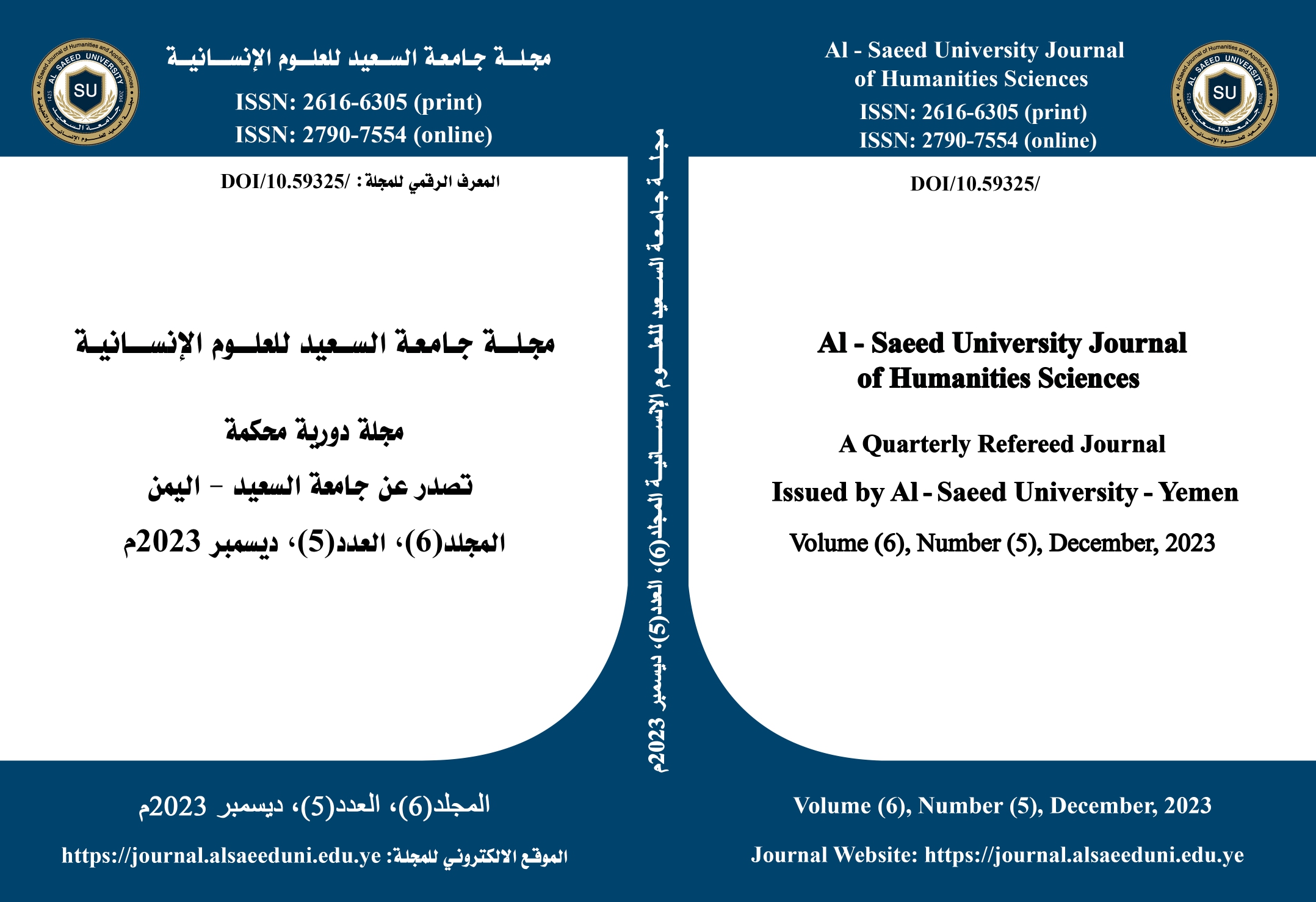The Extent of the Validity of the Electronic Signature in Light of Contemporary Yemeni Law
DOI:
https://doi.org/10.59325/sjhas.v6i5.199Keywords:
Authenticity, Electronic Signature, Contemporary Yemeni LawAbstract
In our research, we discussed the concept of the E-contract in terms of its definition, international and regional guidelines, and national legislation. Since there are conditions for E-signature, we have illustrated them and explained their forms in the first section. In the second section, we discussed the authority of the E-signature in terms of its authority in international and regional guidelines in a first requirement and the protection of the electronic signature technically and criminally in a second requirement. The results and recommendations. Among the most important recommendations, we recommended that the Yemeni legislator quickly amend the texts of the Evidence Law and the Crimes and Penal Code and add texts that accommodate modern electronic means and build authority. The Judiciary has a broad plan to train judges and prosecutors, provide them with modern information knowledge, and raise the level of information efficiency in the professional sector to the judicial authority.
Downloads
Published
How to Cite
Issue
Section
License
copyright is retained by the authors. Articles are licensed under an open access Creative Commons CC BY 4.0 license, meaning that anyone may download and read the paper for free. In addition, the article may be reused and quoted provided that the original published version is cited. These conditions allow for maximum use and exposure of the work.



